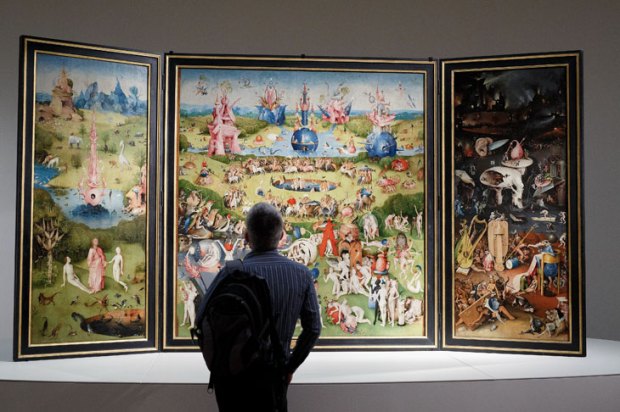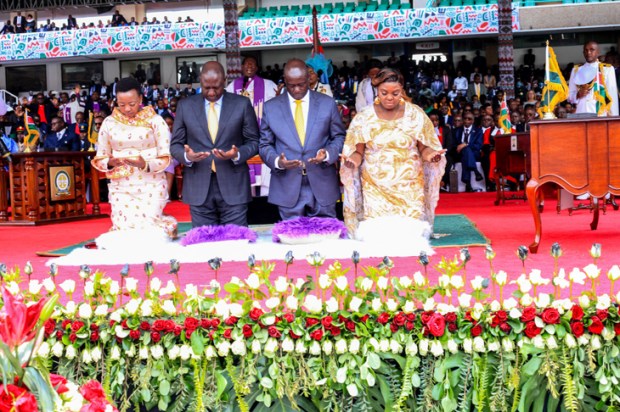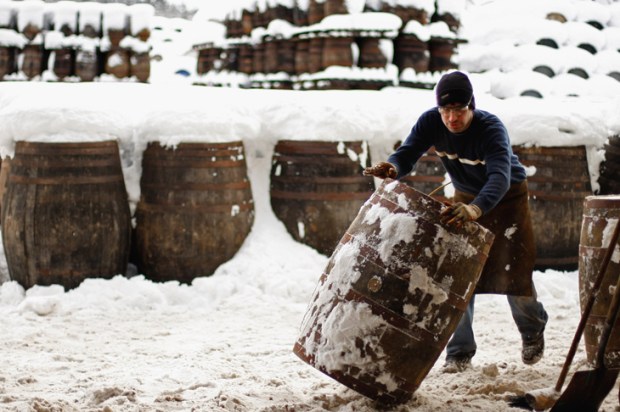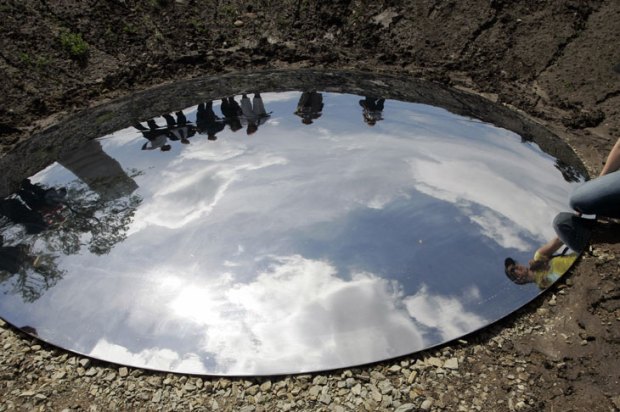Flying across the Pacific, I am reading two new works from the recent explosion of books on the outbreak of the Great War — Paul Ham’s 1914 and Max Hastings’s Catastrophe. I had never seen the editorial of the Economist for 8 August 1914 — four days after the formal declarations of war — which said: ‘It is perhaps the greatest tragedy of human history… In the opinion of many shrewd judges, a social upheaval, a tremendous revolution is the certain consequence. It may perhaps be the last time the working classes of the Continent will allow themselves to be marched to destruction at the dictates of diplomacy and by the order of their warlords’. Not a bad call at a very early stage.
We are staying in Los Angeles with one of my old classmates from law school at the University of Virginia in the mid-1970s and his wife. Mitchell and Mary are both lawyers but he spent some of his time at law school working in Washington for Californian Senator John Tunney whose 1970 Senate campaign was the model for Robert Redford’s movie The Candidate. Their son, Michael, inherited this interest and has been working as a political consultant in Washington. Mitchell was not only my introduction to US politics but also to Californian wine. At that time there were a handful of wineries in the Napa Valley. Now the whole state — and many other states — are dotted with vineyards. Even so, the Napa cabernets are still hard to beat. Several are dispatched at our first night BBQ. The house is on a ridge so the lights of this huge city are spread out below as far as the eye can see.
Next day I give a talk to a local high school class on the Australian political and legal system. Mitchell is their coach for the inter-school mock trial competition. One student asked me about Julia Gillard and Kevin Rudd, which shows a good knowledge of foreign news. I try to explain what happened but this is not easy.
It is tempting in the light of the recent stalemate between the Obama administration and the House of Representatives to see US politics as more uncompromising than the Australian variety. There may be a greater ideological gap between some sections of the American parties than in Canberra, accentuated perhaps by the fact that the boundaries of most seats in the US House of Representatives have been engineered so that they are totally safe for their Democrat or Republican incumbent. But it is also true that in recent times in Australia the non-government members of the Senate have largely refused to accept that newly elected governments have a mandate to implement their policies — a strange point of similarity between the Greens and the Tea party.
The chief purpose of our US sojourn is to visit our son, Jack, and his wife, Maryann, at the University of Chicago. Jack has a fellowship at the Committee on Social Thought — an amalgam of history, politics, philosophy and literature established in the 1940s. Former members include T.S. Elliot, Saul Bellow and Allan Bloom. The university is a remarkable sight, created in 1890 in the style of Oxford and Cambridge with $35 million — perhaps $900 million today — of John D. Rockefeller’s money. We got a sense of these resources when visiting the Oriental Institute on campus which has treasures equal to the greatest museums.
Looking every day at the New York Times and the Chicago Tribune, I can’t help being struck by the absence of the personality-based coverage of politics practised by most of the Canberra press gallery. Yes, politics is one of the many subjects dealt with in these newspapers but it is largely concerned with analysis of events rather than the opinions of individual journalists. The Canberra gallery, with a few exceptions, bears a large measure of responsibility for the hysterical tone of much of the public debate on political questions in Australia.
My old roommate from Virginia and his wife made the eight-hour drive from Cleveland to catch up. They are an example of how many Americans move away from their birthplace in a way that most Australians do not. John grew up in New Hampshire, went to college in Boston and Virginia — interrupted by 18 months in the army in Vietnam — and has been an attorney in Cleveland for 40 years. Mary came from Buffalo but also studied at Virginia. When I observed that almost all consumer goods are cheaper in the US than in Australia, they remind me of the two financial swords hanging over the American middle classes — healthcare and college tuition fees.
A few days in San Francisco on the way home. This is a city much celebrated in song and on stage and screen with some worldwide brands — cable cars, Golden Gate Bridge, Fisherman’s Wharf. The huge expansion of Fisherman’s Wharf has cost it some of its original charm but it is worth visiting if only for the hundreds of sea lions soaking up the sun on their rafts and barking at each other.
My first case back home is in the High Court where there is a challenge to the NSW legislation concerning political donations and election campaign expenditure by a number of trade unions. This kind of legislation has also been the subject of challenge in a number of cases over the last few years in the US Supreme Court and most recently in October of this year. The problem of political fund-raising and its potential for undue influence is largely one of the huge cost of television advertising. In 1991 the Hawke government banned paid political advertising on radio and television but required broadcasters to make available some free time for political parties during the campaign period. In one of the worst decisions in its history, the High Court struck this legislation down with the result that the regulation of fund-raising is still a major issue today.
Got something to add? Join the discussion and comment below.
Get 10 issues for just $10
Subscribe to The Spectator Australia today for the next 10 magazine issues, plus full online access, for just $10.
Michael Sexton is solicitor general for New South Wales.
You might disagree with half of it, but you’ll enjoy reading all of it. Try your first month for free, then just $2 a week for the remainder of your first year.













Comments
Don't miss out
Join the conversation with other Spectator Australia readers. Subscribe to leave a comment.
SUBSCRIBEAlready a subscriber? Log in